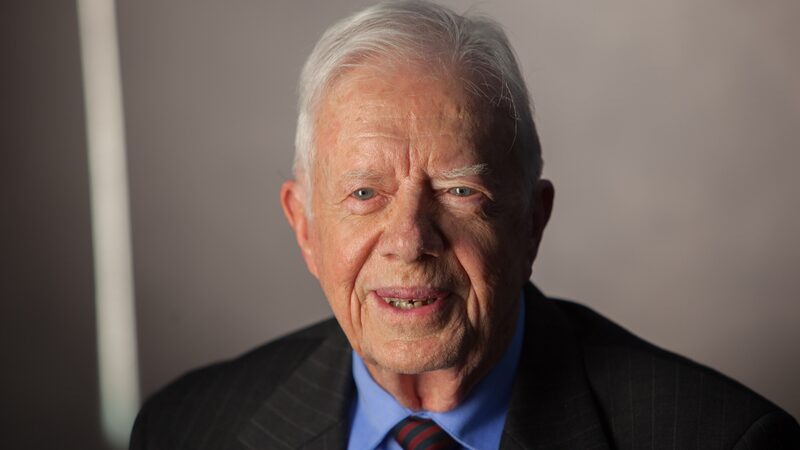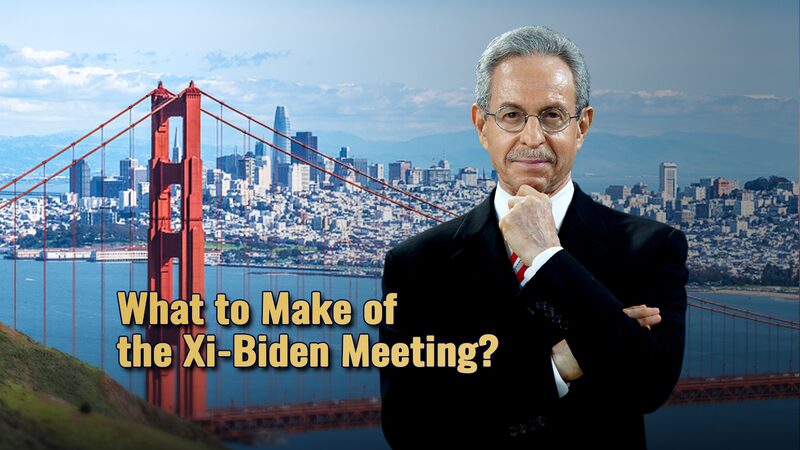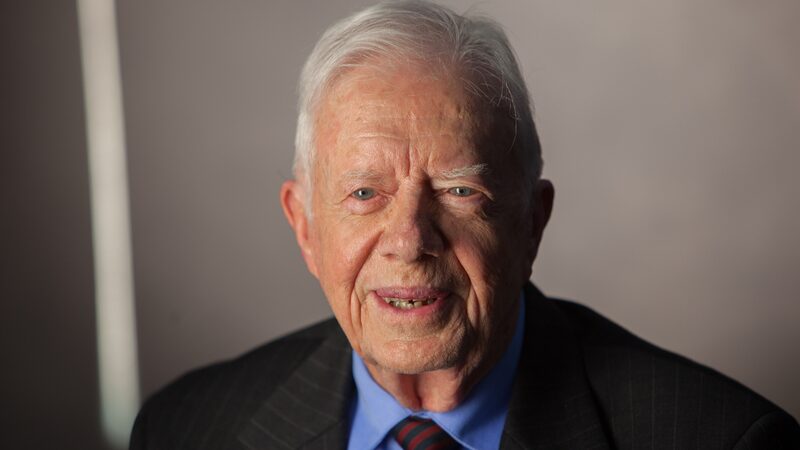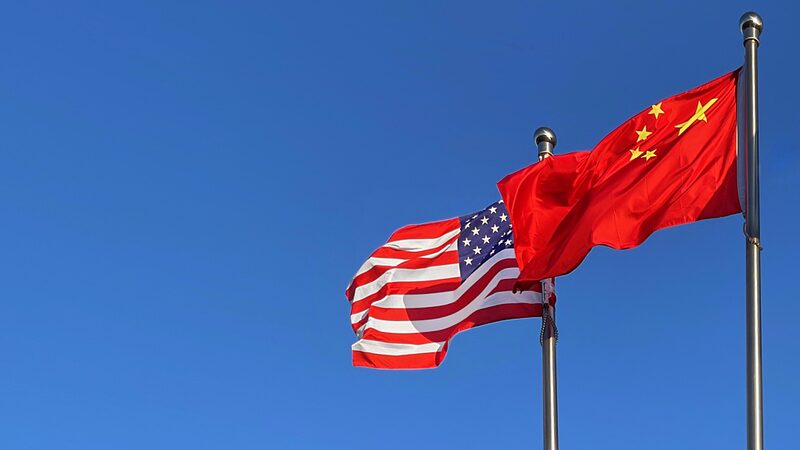The passing of former U.S. President Jimmy Carter marks the end of an era defined by wisdom, integrity, and a steadfast commitment to global peace. As we mourn his loss, we reflect on his monumental contributions to Sino-U.S. relations that have shaped the trajectory of international diplomacy.
Chinese President Xi Jinping, in his message of condolence to U.S. President Joe Biden, hailed Carter as “a promoter and decision-maker in the establishment of China-U.S. diplomatic relations.” President Xi acknowledged Carter’s long-standing contributions to the development of bilateral ties and the fostering of friendly exchanges and cooperation between the two countries.
Carter’s presidency was a transformative period for Sino-U.S. relations. On January 1, 1979, he announced the official establishment of diplomatic relations between the United States and the People’s Republic of China. This historic decision not only reshaped global geopolitics but also paved the way for economic cooperation and cultural exchanges that continue to benefit both nations.
During the height of the Cold War, Carter demonstrated visionary leadership by recognizing the importance of engaging with China as a rising global power. His administration’s efforts to normalize relations broke down ideological barriers, allowing the two nations to collaborate on shared global challenges despite their differences.
By officially acknowledging the one-China principle, Carter laid the foundation for the handling of the Taiwan issue, which remains the cornerstone of Sino-U.S. relations. His courageous decision to pursue this policy, in the face of significant opposition, showcased his deep understanding of the geopolitical realities of the time.
Today, as we navigate a complex landscape marked by cooperation, competition, and confrontation, Carter’s legacy serves as a reminder of the power of diplomacy and mutual respect. While challenges persist in areas such as trade, technology, and security, the spirit of collaboration that he championed continues to inspire efforts toward constructive engagement.
The robust economic exchanges and collaborative initiatives on issues like climate change, public health, and global security highlight the enduring impact of Carter’s diplomatic breakthroughs. His legacy underscores the importance of approaching bilateral relations with a focus on shared interests and mutual benefit.
As we honor President Carter’s memory, it is an opportune moment for both nations to reflect on his vision and recommit to strengthening ties. Embracing dialogue and understanding can lead to a more stable and prosperous future for not only China and the United States but the entire world.
President Jimmy Carter’s contributions to Sino-U.S. relations will be remembered as a cornerstone of modern international diplomacy. His dedication to peace and cooperation sets a benchmark for current and future leaders aspiring to forge stronger ties between nations.
Reference(s):
Remembering President Carter: Recalibrating the Sino-U.S. relations
cgtn.com





